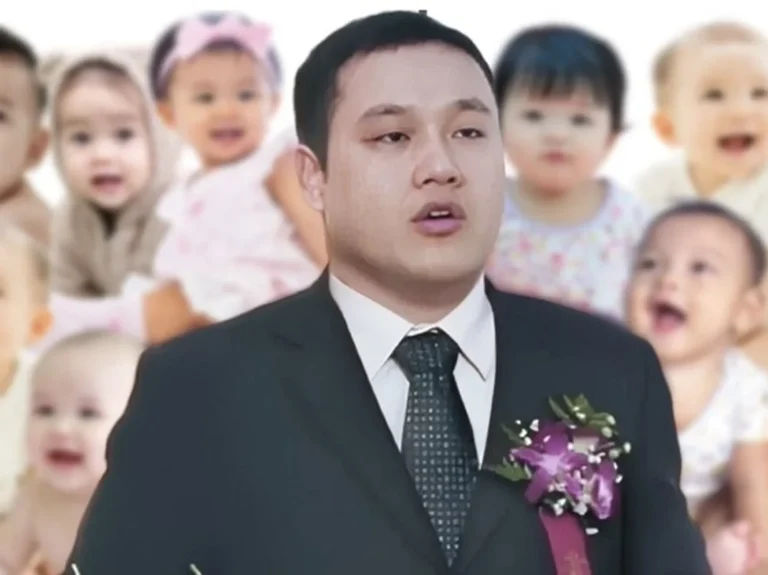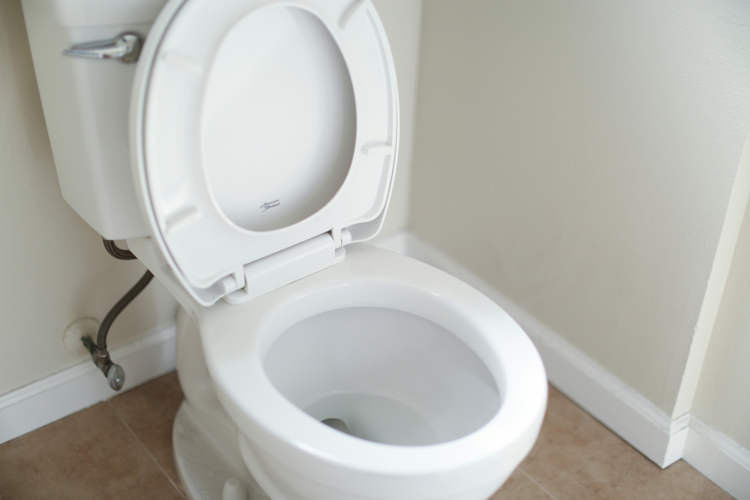Body Integrity Identity Disorder (BIID) is a serious psychological condition that gives able-bodied people a strong desire to be disabled. It’s what made this woman from North Carolina purposely blind herself by dropping drain cleaner into her eyes!
Jewel Shuping, 30, revealed that she’s been obsessed with blindness since childhood. “My mother would find me walking in the halls at night, when I was three or four years old,” she said. “By the time I was six, I remember that thinking about being blind made me feel comfortable.” So she would spend hours staring at the sun, hoping that it would damage her eyes.
The obsession increased as she aged, and by the time she was a teenager, Jewel had taught herself to move around in thick black sunglasses. She got her first cane at age 18 and became fully fluent in braille by age 20. “I was blind-swimming, which is pretending to be blind, but the idea kept coming up in my head and by the time I was 21 it was a non-stop alarm that was going off,” she said.
Photo: Barcroft TV video caption
Eventually, Jewel claims to have found a psychologist willing to help her become blind. In 2006, the duo put numbing eye drops followed by a couple of drops of drain cleaner in each of her eyes. The pain was excruciating, but the thought of going blind kept her happy. “My eyes were screaming and I had some drain cleaner going down my cheek burning my skin,” she said. “But all I could think was ‘I am going blind, it is going to be okay.’”
She was then rushed to the hospital where medics tried everything to restore her vision. “When I woke up the following day I was joyful, until I turned on to my back and opened my eyes – I was so enraged when I saw the TV screen,” she said. But over six months, her eyesight slowly diminished to nothing.
When Jewel’s family came to know that she had blinded herself on purpose, they disowned her. But she has received support from her ex-fiance Mike, who is legally blind from natural causes. Jewel is now studying for a degree in education and says she has no regrets for what she did. All she wants to do now is help other blind people live an independent life. She also is trying to raise awareness of BIID and encourage others suffering from it to seek professional help.
Photo: Barcroft TV video caption
“Don’t go blind the way I did,” she warned. “I know there is a need but perhaps someday there will be treatment for it. People with BIID get trains to run over their legs, freeze dry their legs, or fall off cliffs to try to paralyse themselves. It’s very very dangerous, and they need professional help.”
“I do understand why some people would be angry about a person giving themselves a disability,” she added. “They think it’s a ploy to get social security, or a waste of advocacy that would be better focused on people with an involuntary disability. But I feel that the way I became disabled doesn’t really matter.”
“If someone were to say that it’s fundamentally selfish to blind myself, I would say that it’s selfish to refuse treatment to somebody with a disorder. This is not a choice, it’s a need based on a disorder of the brain. Being blind fulfills a deep need within me.”
Dr. Michael First, a psychiatric expert who coined the term BIID, agreed that cures for the condition are rare. “These people are aware that this feeling of theirs is unusual – they know it is coming from within them. They can’t explain it.”
A couple of years ago, we featured the story of Chloe Jennings-White, a BIID sufferer from Utah, who spent most of her time in a wheelchair pretending to be a paraplegic, in order to resist the urges of damaging her spine and fulfilling her desire of becoming paralyzed. This long-term game of pretend has been a huge relief on Chloe, but she admitted to sometimes fantasizing about being an accident or a car crash that would truly damage her legs.
via Barcroft TV














